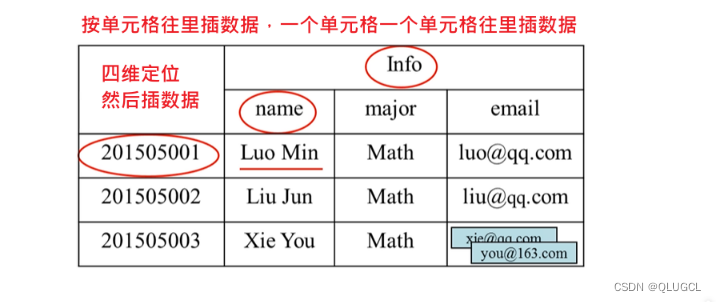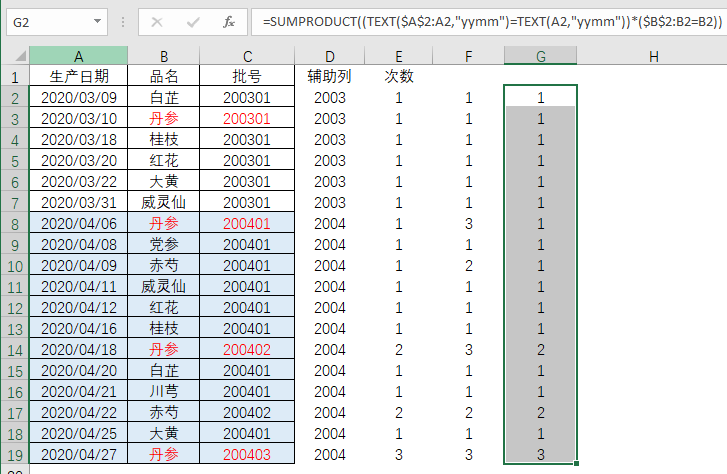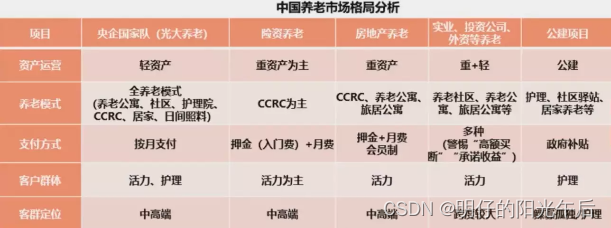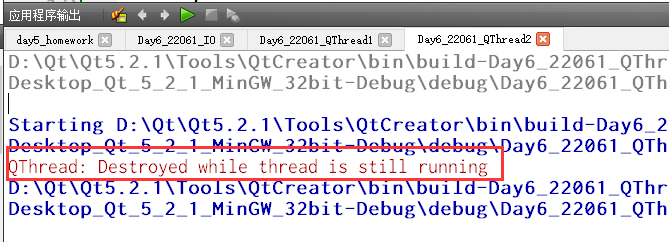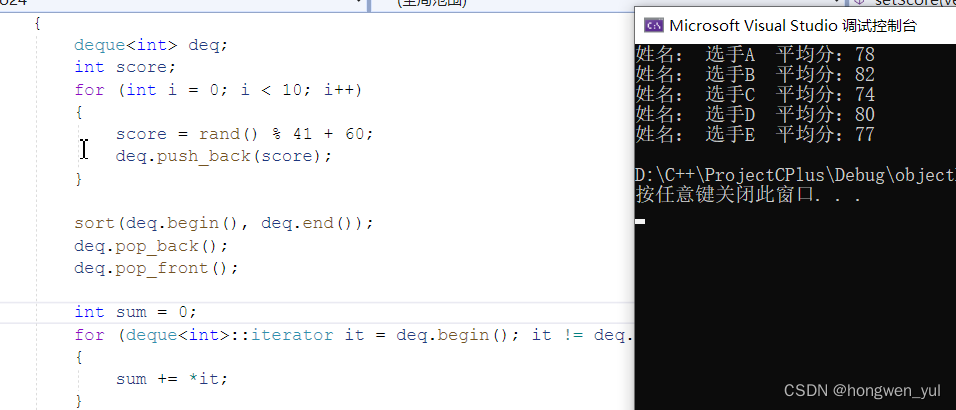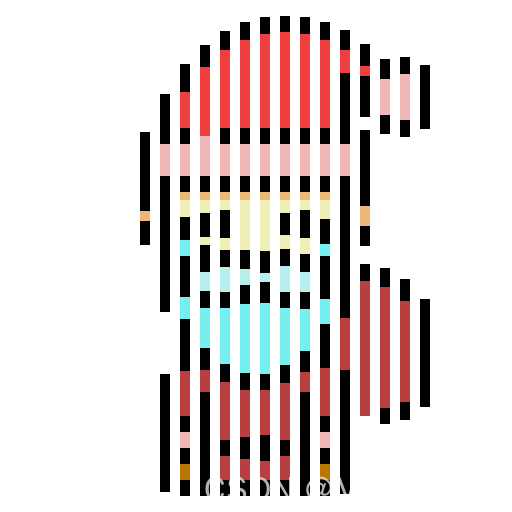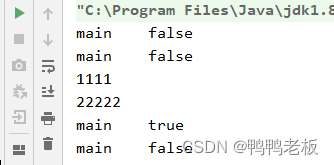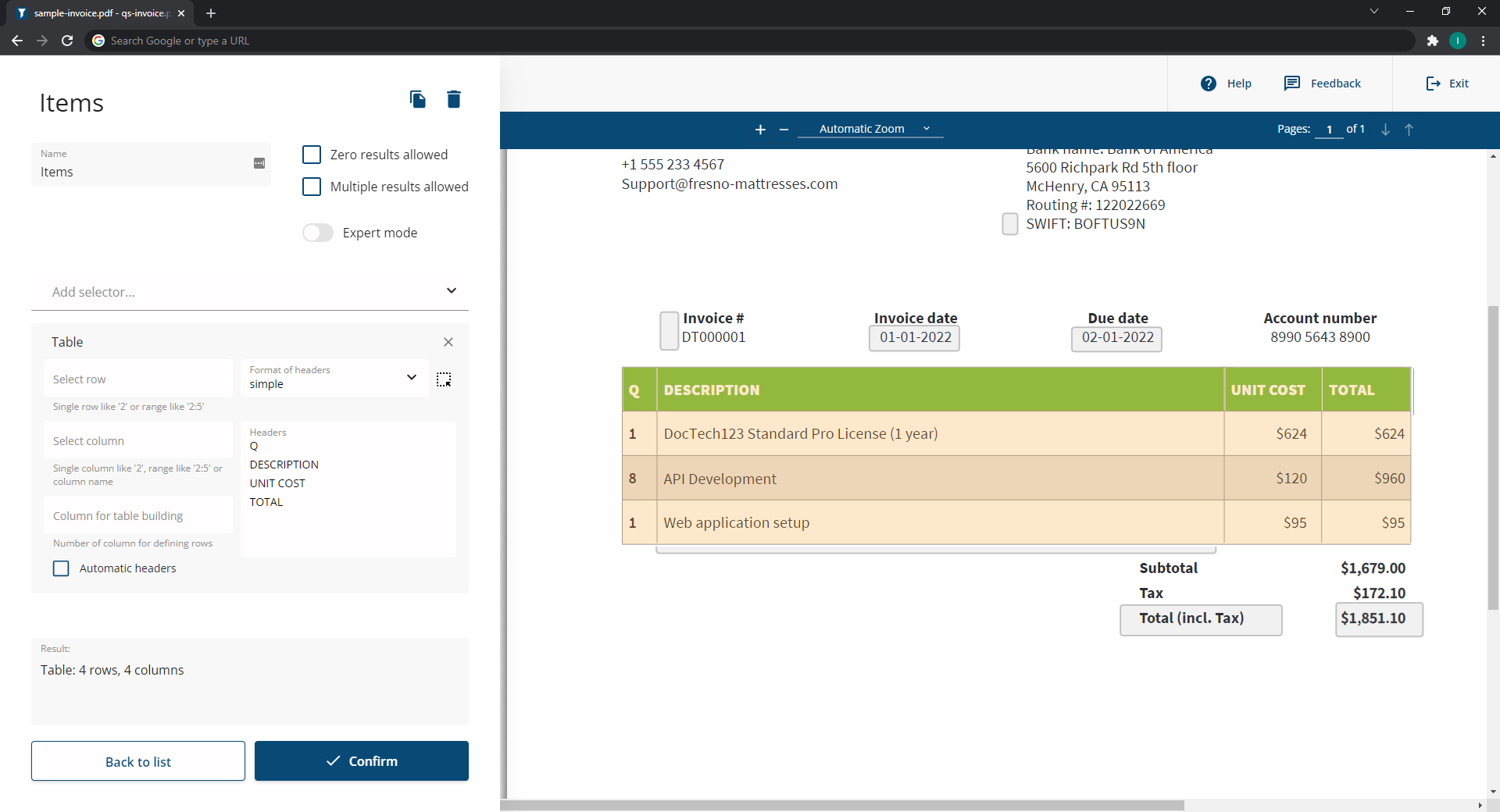
今日短文
When we are shown two options, our eyes tend to flick from one to the other and back again several times as we deliberate on the pros and cons of each.
Researchers at Johns Hopkins University in the US have found that the speed with which our eyes dart between options gives away our true preference and predicts the ultimate decision we will make.
This quick eye movement – called a saccade – is what allows you to read; your focus travels abruptly from word to word, fixating briefly on some words before moving on to construct meaning from a block of text.
Saccades, which take place within a few hundred milliseconds, are also what happen during Rapid Eye Movement (REM) sleep.
“Unlike your arms or legs, the speed of eye movements is almost totally involuntary,” says Colin Korbisch, a mechanical engineer at the University of Colorado Boulder and lead author of the study.“It’s a much more direct measurement of these unconscious processes happening in your brain.”
To test whether our eyes are a window into our mind, the researchers recruited 22 study participants and got them walking on a treadmill.A choice of two treadmill settings was presented to them: a short walk up a steep grade or a longer walk on the flat.
They tracked eye movements using a high-speed camera as participants took a few seconds to consider the symbolic representations of their options.
“Initially, the saccades to either option were similarly vigorous,” says Alaa Ahmed, a mechanical engineer and the senior author of the study.“Then, as time passed, that vigor increased, and it increased even faster for the option they eventually chose.”
When the researchers offered a choice between two treadmill options where one was much more effortful than the other, the participants’ eye speeds tended to increase when cast in the direction of the easier option, emphasizing their degree of preference.
The rapid eye movements stopped once the participants had made their final decision, suggesting that the eyes were busy collecting information as a way of adjudicating between two alternatives.
Neurons in the frontal eye field and the parietal cortex, which receives sensory information in the brain, ramp up activity when people are engaged in decision-making activities.When a preference has been established within our brains it appears to lift suppression of a region that controls eye movements, called the superior colliculus.This allows eye speed to increase, the researchers speculate.
今日新词
expire
v.失效,终止;到期;届满;逝世
bustle
n.忙乱嘈杂,喧嚣
instinct
n.本能,天性;直觉
creep
v.悄悄地缓慢行进, 蹑手蹑脚地移动; 爬行, 匍匐; 逐渐发生, 不知不觉地出现; [植物]攀缘, 蔓
生; [雾、云等]弥漫; 卑躬屈膝, 巴结奉承
interfere
v.干预,干涉;妨碍
benefit
n.益处,好处;恩惠;津贴
repute
v.(被)称为,认为
disorder
n.杂乱,混乱;骚乱;紊乱,失调
congest
v.(使)充满,拥塞;(使)充血
swindle
vt.诈骗,骗取
comprise
v.由…组成;包含
gin
n.杜松子酒;弹棉机,轧棉机
exception
n.例外
modem
n.调制解调器
comparative
adj.比较的
erratic
adj.古怪的,反复无常的;不规则的;不稳定的
prelude
n.前奏曲,序幕
devastate
vt.破坏,毁坏;令人震惊,使难以承受
splash
v.溅湿,溅开;戏水;(报刊)以醒目方式刊登
disarm
v.解除武装;裁军;消除(疑虑),消解(怒气等)
